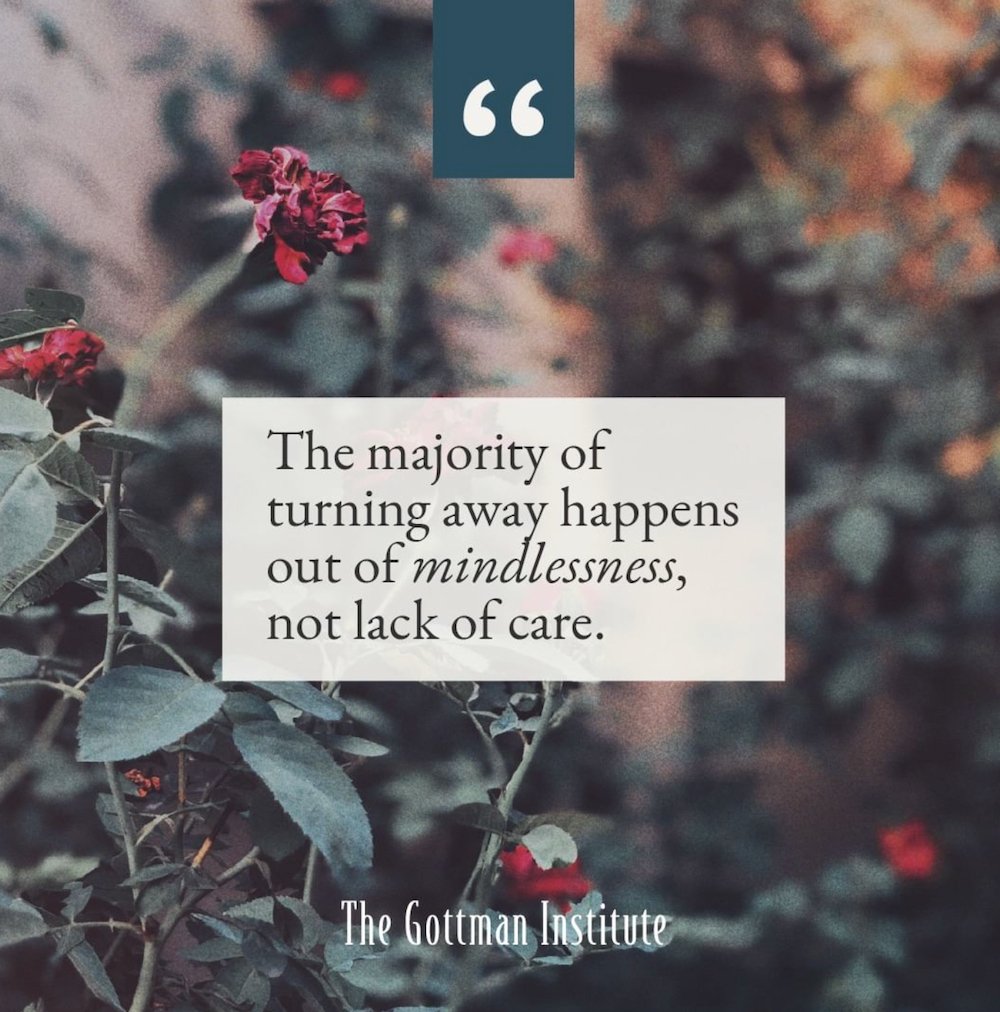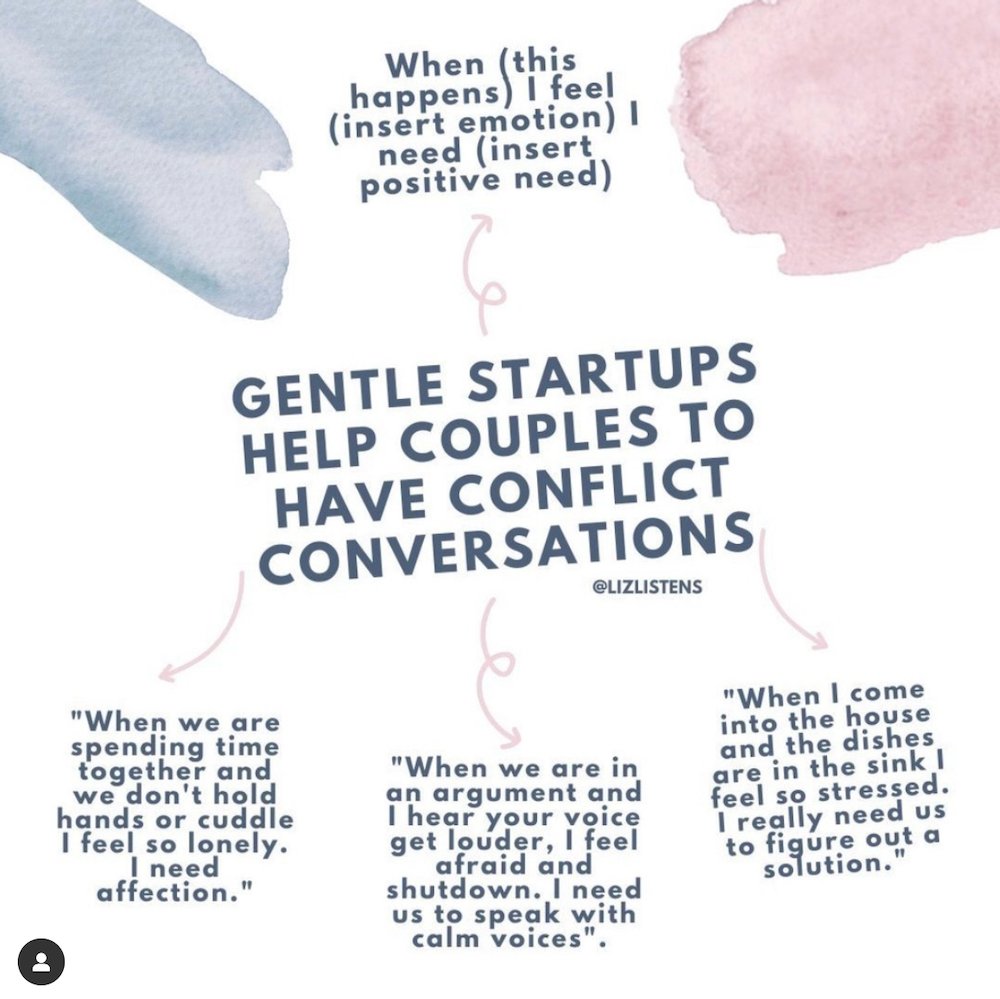Do You Know The T.E.A.M. Formula For Marriage?
by The Candidly Team
The biggest peeve we have with a lot of relationship advice is that it tends to be boringly broad.
Granted, pretty much any instructional verb placed next to the word “relationship” can make a task sound abstract and overwhelming. Build. Maintain. Work on. Fix…We’re already tired.
That’s not to say that making an effort for things to be truly nice between us and our partner isn’t one of the most meaningful missions in our lives.
But big picture goals have to be met with small, daily actions. Itty-bitty, intentional things we decide to engage in. Habits if you will.
This is especially true of how we relate to the human being who shares our home and bed and that precious sliver of space between the counter and the fridge where both of us always seem to be doing hurried tasks at the exact same time.
The good news is a lot of these relationship-restoring habits don’t have to take over your life. Some take only 6 seconds.
And recently, we stumbled upon one we reaaaaaallly liked. First, because it seemed purposeful and sweet and rewarding, and second, because it felt like something we could actually do with our partner. Every. Single. Day.
It’s called T.E.A.M.
T.E.A.M. is an acronym that involves 4 actions you take daily with your partner. We first heard of it on TikTok, (they do couples counseling now, no?), outlined by the famous investor Codie Sanchez, who talks about it, not as an “expert,” but just as a person who tried it and says it’s transformed her own relationship.
Apparently, it should be done every night and can take only 10 or so minutes in total. And while Codie helped to spell out what each step entails, we decided to dig into the reasons why each of these actions can be so effective in creating a fantastic dynamic between couples.
1. TOUCH
Lean in, grace shoulders, nuzzle, hug, hold hands, or kiss. Whatever feels good to you. Any initiated act of physical affection makes the other person feel softened and acknowledged.
Studies of relationships all over the world show that affection is “robustly and reliably related” to the degree of love between partners. Be more loving, and you’ll feel more loving. It’s a cycle, but a good one.
2. EDUCATION
Describe something new you discovered, a piece of information that feels like it could spark interest or perk things up a little. It doesn’t have to be an oral report on an article in Scientific American. Just a fun or current discovery.
There are studies showing that couples who learn things together have a strengthened connection. Not to mention, one of the cornerstones of the excitement that exists early on in a relationship is that you’re learning new things about each other, broadening your worlds so to speak.
So if it’s getting to a point with your partner where you feel like “What is there to talk about?” or “I know everything there is to know about this person,” A) You’re probably not totally right, and B) There are still plenty of gateways to ignite sparkly conversations.
3. APPRECIATION
It doesn’t sound like a big scientific breakthrough to learn that expressing gratitude correlates with increased loving feelings, though the science is definitely there. And yet, in the dryer cycle of daily life, we not only miss out on showing gratitude toward our partner, but we sort of miss them altogether.
Take a moment to acknowledge, admire, or compliment your partner for a thing that occurred that same day. This can be something simple like “thank you for making the coffee this morning” to something a little richer or more textured like “I love how you talked to the kids earlier. You were so smart and sweet to them.”
Obviously, this can make your partner feel seen and valued, but it can also light up your own loving, desiring feelings for them. It can also make sex better, for real.
4. METRICS
Here’s the one we feel like could take longer than a few minutes or, if not done correctly, could create some tension. Metrics basically describes weighing in on any feedback or issues that feel unresolved from the day.
The idea behind it is smart. Rather than react, bitch, criticize, or get worked up in a given moment, you take a beat and give yourself space, knowing you’ll have dedicated time to talk it through later.
Usually, by then you’re already less heated, because you’re no longer in a “flipped lid state,” where the emotional, fight-or-flight side of your brain is on hyper-drive. Because you’ve had time to calm down, your brain’s regulating, logical functions are back in full swing.
Naturally, once you start to bring up prickly issues, the fire can start to return a little. This is where specific tools can be really helpful, and we especially like these two:
1. The Gentle Startup
A gentle startup is an approach developed by The Gottman Institute. It’s essentially “a way of complaining (or communicating concerns) without blame, which gives our partner the best chance of hearing it and responding without defensiveness,” according to Certified Gottman Couples Therapist, Kimberly Panganiban. You can learn the ins and outs of how it’s done here.
2. Saying Our Positive Needs
Another tool partners can use (also cleverly developed by Gottman) is rather than listing all your grievances, expressing your positive needs. What would help you feel supported, relieved, or considered? Saying what we want from (rather than loathe about) our partner elicits a waaaay better response. And more likelihood for things to change.
And if things do go a little sour between the two of you, there’s always these 4 things to get your dynamic back on track.
Ultimately, while structured exercises can feel a little awkward or forced at first, there’s room for a lot of spontaneity in T.E.A.M. that lets you and your partner express yourselves in ways that are unique to the two of you. So, eventually, it should feel natural, but the effect of feeling closer and more connected? That can happen right away.
This article is for informational purposes only. It is not intended to be used in place of professional advice, medical treatment, or professional care in any way. This article is not intended to be and should not be a substitute for professional care, advice or treatment. Please consult with your physician or healthcare provider before changing any health regimen. This article is not intended to diagnose, treat, or prevent disease of any kind. Read our Terms & Conditions and Privacy Policy.











